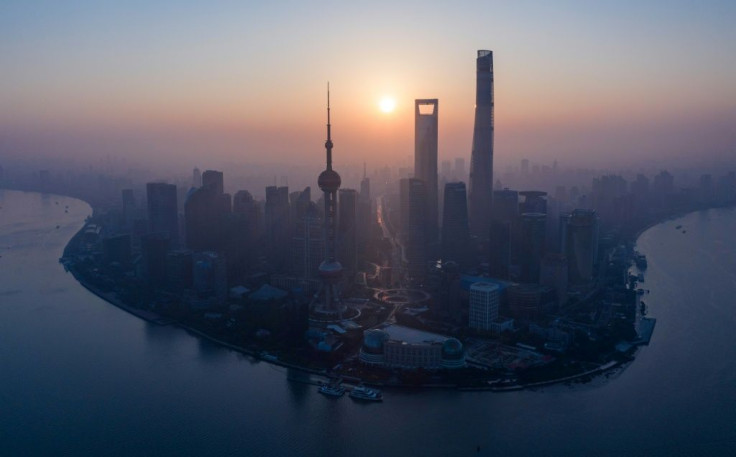US firms expect leaner times in China as trade war grinds on

American businesses are increasingly pessimistic about their prospects in China as the US trade war rumbles on, with growing numbers of companies expecting their revenues and investment in the local market to shrink, a survey said on Wednesday.
The American Chamber of Commerce in Shanghai's annual China Business Report also found that 75 percent of US firms opposed the US use of punitive tariffs to force China into a trade deal and market-access reforms.
President Donald Trump says his tariffs against billions of dollars in Chinese goods -- which have been reciprocated by Beijing -- are hurting China and are good for the United States.
But only half of US companies surveyed said they expect 2019 revenues in China to increase year-on-year, while just over a quarter expect them to fall -- compared with just 6.1 percent in the previous year's poll.
Overall, most members of the chamber remain optimistic about a country whose consumer market is still blossoming.
The report also found China's ongoing economic slowdown -- which predates the trade war -- remains the top overall concern of US companies.
But the standoff is a very close second, and more than half of companies surveyed said they were delaying or reducing further investment in China as a direct result of the tit-for-tat tariffs.
Just 47 percent said they expected to increase their investments in China in 2019, down from 61.6 percent last year.
"American companies continue to do well in China, but the trade conflict now shadows many businesses," said Eric Zheng, chairman of the trade association.
Some of the biggest swings in the survey came in the area of future expectations for China's market, with 61.4 percent expressing optimism, down from historical rates in the 80-90 percent range.
© Copyright AFP {{Year}}. All rights reserved.





















